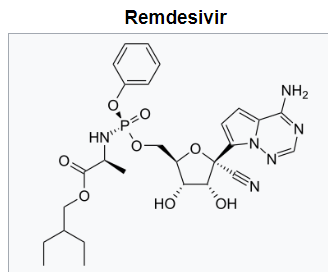Books and films often dramatize financial-market traders as macho gamblers. Now there may be scientific evidence to back up differently as two researchers have linked testosterone levels to the success of traders in one London market while another researcher has linked testosterone and cortisol able to increase financial risk and may destabilize markets.
According to researchers stressful and competitive working environments could be increasing hormone levels and having an impact on decision-making. Experts agreed it was important to know how hormones affected traders.
Both cortisol and testosterone occur naturally in the body. The levels of cortisol do increase when we experience psychological or physical stress. This causes the blood sugar levels to rise and prepares the body for a “fight or flight” response.
The hormones testosterone and cortisol may reflect different stress triggers.
Changes in hormone levels may affect success in the financial markets.
As soon as we sense danger, our body will release adrenaline and cortisol. The adrenaline increases our blood pressure and heart rate and boosts our energy supplies, whereas cortisol has a different job.
Cortisol is also known as the stress hormone. It is a steroid hormone made in the cortex of the adrenal glands, which is released into the blood and transported all over the body. This release in our body leads to our senses being heightened and our heart rate rising. It primes us for our ‘fight or flight’ state to help us survive and get away from danger.
Cortisol is very good for the body in terms of the benefits it provides, unless you have too much of it. Our body is set to react to danger, release cortisol and adrenaline, before calming down once the danger is gone. But, if you are constantly in a state of stress, the cortisol is going to
stay being produced in your body and that’s when it can cause problems.
Nearly every cell has receptors for cortisol and this can cause different reactions taking place. When our body is preparing for fight or flight, there are functions that aren’t needed at that point in time, which means other important systems shut down. Our immune system, digestive system and reproductive system all start to shut down. These reactions are great if you’re just needing that fight or flight mode to escape a predator, but not so good if you spend all day being stressed-out about your trades.
One other issue is that you will be more susceptible to getting ill, while your immune system is
down. It goes without saying that if you’re recovering in bed, you’re not going to be trading (more…)

